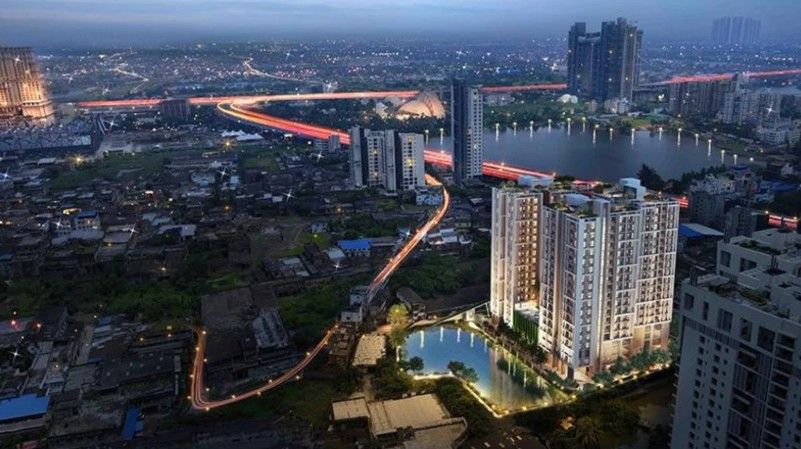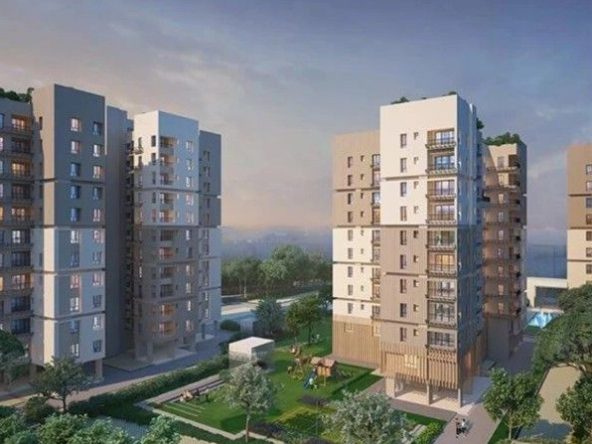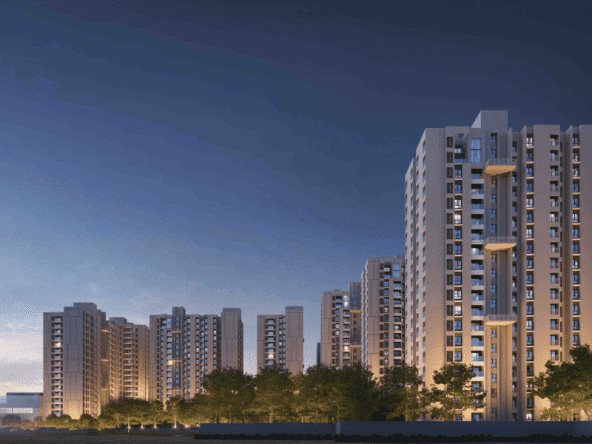The bulk of India’s residential markets have had flat home price growth over the previous few years. Residential home prices across all seven markets remained mostly stable in Quarter 1 2021 compared to the previous quarter. Prices are anticipated to be relatively range-bound across most of the marketplaces in the immediate term as developers continue to concentrate on regaining the volumes lost during the epidemic and establishing a presence in their particular markets. The residential market is now more affordable as a result of this rationalisation and lowers home loan rates.
Developers will manage future launches and concentrate on the projects REIS (India) and JLL. To entice purchasers who clicked “pause” in the previous few months, developers are also giving alluring incentives, including payment plans like no EMIs for a year, no stamp tax, and so on. As a result, “effective prices” have decreased. Despite inflation, increased material costs, and regulatory changes, the real estate industry as a whole has not experienced a residential home price increase in recent years. In a few projects and micro-markets with high demand, the company have been able to demonstrate price growth. This is true for both fresh launches and various degrees of building completion.
Chennai
According to asset advisor Bhadresh Mehta, there was pent-up demand, which is why they saw a rapid surge in real estate prices. A 10% residential home price increase was also experienced in a few Chennai areas. However, the markets are currently stabilising, and experts think the next price increase won’t take place until 2023. However, keep in mind that the global environment has been rather unstable since the beginning of this year. A few significant worldwide events have also increased the price of raw materials, which has raised the cost of real estate. Therefore, it is best to make the purchase now rather than later if users intend to utilise the house themselves.
Bengaluru
Santosh Burhani, the asset advisor for the city, states, “The residential home price increases in Bengaluru varied between four to six percent. Even though the markets are now stabilising, prices could rise if raw material costs continue to rise. But it all hinges on the steps the government takes to lower the cost of building for developers. After everything has been said and done, Bengaluru continues to witness daily property purchases.
Mumbai
According to Harrish Kumar Jain, vice-president of the Brihanmumbai Developers Association (BDA), residential home prices are anticipated to remain stable in Mumbai despite the fact that there hasn’t been a significant rise in real estate prices (other than an average increase of one to two percent). As a result, sales in Mumbai have increased, particularly during the holiday season. The sector will undoubtedly become more optimistic as a result.
Ahmedabad
Ahmedabad is one of the nation’s most active marketplaces today, according to asset advisor Dhiren P Doshi. The belt is experiencing enormous demand, and prices are rising as a result of the Mumbai-Ahmedabad Bullet Train project being back on track. No matter where they live in the nation, experts believe it is a wise investment for them to undertake. With improved connectivity, Ahmedabad, which has long served as a business hub, is now a desirable place for many people to live. In fact, the city has experienced the second-highest price growth of any metro, according to CREDAI-Colliers-Liases Foras’ Housing Price-Tracker Report 2022, with a staggering 9% YoY increase in price.
Across-the-board price increase
Although price rises in each state and its capital have varied, many people who are in the selling industry claim that the rise in actual residential home prices across India has been on the higher end. According to the Housing Price Index of the RBI, Niranjan Hiranandani, national vice-chairman of NAREDCO, “The Indian property market recorded a 10% YoY gain across important markets. While HNI, as well as NRI homebuyers, are driving the luxury real estate market, first-time homebuyers’ sustainable housing desire is gaining steam in the affordable housing sector. NRI and HNI who had been on the fence about investing have been encouraged to do so by the increase in disposable income, employment stability, fresh hiring increased housing affordability, availability of house loans with longer terms and roughly 80% of the mortgage value, as well as currency depreciation.



